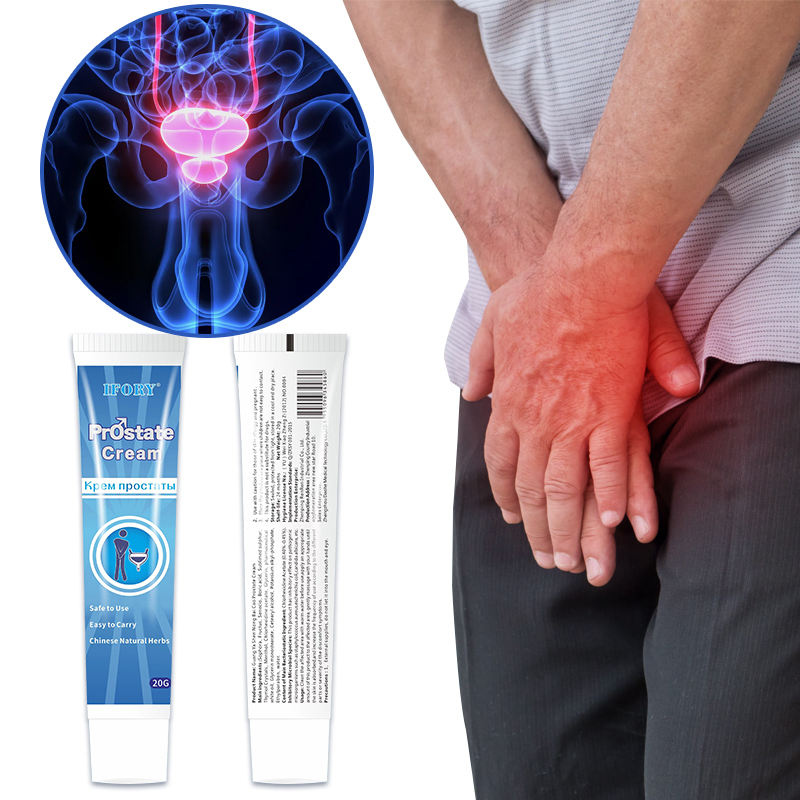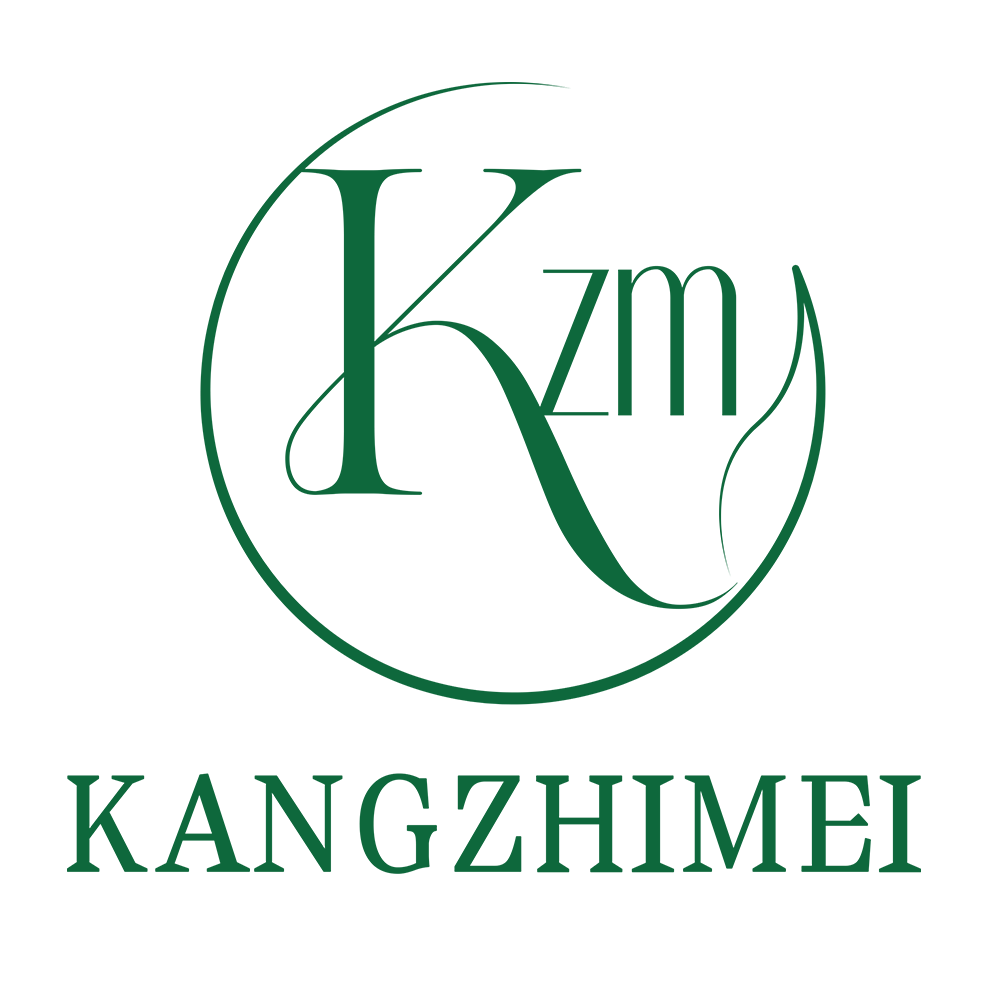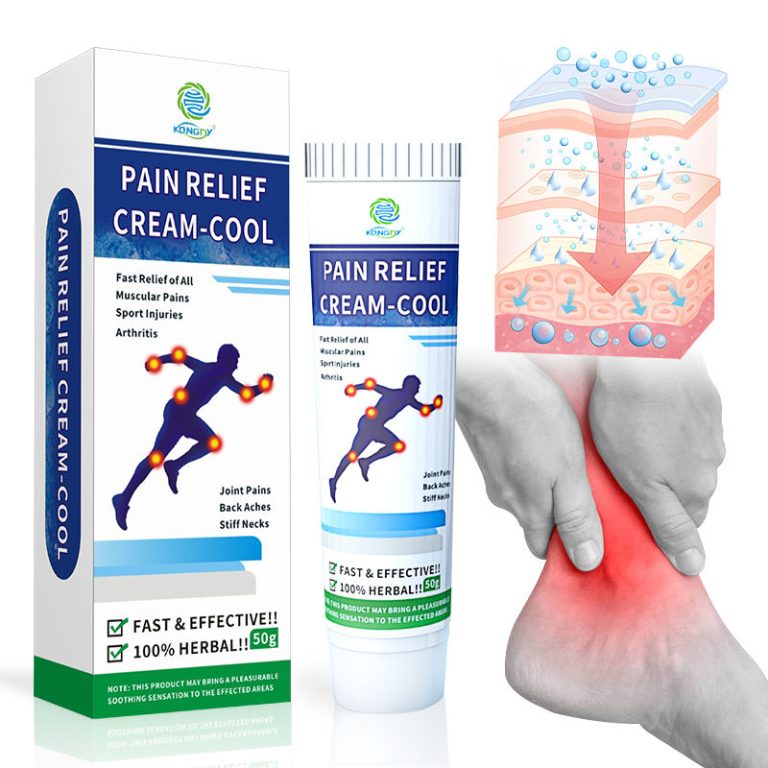In the rapidly growing market of men’s health products, prostate creams have emerged as a popular solution for managing various prostate-related issues. As a business looking to enter this market, selecting the right Original Equipment Manufacturer (OEM) is crucial for your success. This comprehensive guide will walk you through the key factors to consider when choosing a prostate cream OEM.
- Understanding the Importance of Quality
When it comes to health products, especially those targeting sensitive areas like the prostate, quality is paramount. Your chosen OEM should prioritize:
High-grade Ingredients: Look for manufacturers using clinically-tested, pharmaceutical-grade ingredients.
Good Manufacturing Practices (GMP): Ensure the OEM follows strict GMP standards to guarantee product safety and consistency.
Quality Control Measures: Regular testing and quality checks should be a standard part of their manufacturing process.
- Expertise in Formulation
Prostate cream formulation requires specialized knowledge. Consider these points:
R&D Capabilities: Does the OEM have a dedicated research and development team?
Formulation Experience: Look for manufacturers with a track record in developing effective prostate care products.
Customization Options: Can they tailor formulations to your specific requirements?
- Regulatory Compliance
Navigating the regulatory landscape is crucial. Your OEM should:
Understand Global Regulations: Especially if you plan to sell internationally.
Provide Documentation: They should offer comprehensive documentation for regulatory submissions.
Stay Updated: Regular updates on changing regulations in the health products industry.

- Production Capacity and Scalability
As your business grows, your OEM should be able to keep up:
Diverse Production Lines: Capability to produce various forms (creams, gels, lotions).
Scalable Manufacturing: Ability to handle both small and large order volumes.
Flexible MOQ (Minimum Order Quantity): Important for businesses starting small or testing new markets.
- Packaging and Labeling Capabilities
The presentation of your product is key to market success:
Packaging Options: Variety in packaging types (tubes, pumps, jars).
Custom Design Services: Ability to create unique, eye-catching designs.
Labeling Compliance: Ensuring all packaging meets regulatory labeling requirements.
- Cost-Effectiveness
Balancing quality and cost is essential:
Competitive Pricing: Compare quotes from multiple OEMs.
Volume Discounts: Look for manufacturers offering better rates for larger orders.
Hidden Costs: Be aware of any additional fees for services like design or regulatory support.
- Reputation and Experience
The credibility of your OEM reflects on your brand:
Industry Standing: Research their reputation among other businesses in the health sector.
Years in Operation: Longer-standing OEMs often have more refined processes and broader expertise.
Client Testimonials: Seek feedback from their current or past clients.
- Communication and Support
A good working relationship is vital:
Responsive Communication: Quick and clear responses to your queries.
Language Support: Especially important if working with international OEMs.
Technical Support: Availability of expert advice on formulation and production issues.
- Intellectual Property Protection
Safeguarding your product ideas is crucial:
Confidentiality Agreements: Willingness to sign and respect NDAs.
IP Policies: Clear policies on ownership of formulations and designs.
- Sustainability Practices
In today’s market, eco-friendliness can be a significant selling point:
Sustainable Sourcing: Use of ethically sourced and sustainable ingredients.
Eco-friendly Packaging: Options for recyclable or biodegradable packaging materials.
Waste Reduction: Efficient manufacturing processes that minimize environmental impact.
- Sample and Testing Procedures
Before full-scale production:
Sample Production: Ability to produce small batch samples for testing.
Third-party Testing: Openness to independent laboratory testing of products.
- Delivery and Logistics
Efficient supply chain management is key:
Shipping Options: Various shipping methods to suit different needs and budgets.
Inventory Management: Systems in place for efficient stock control and order fulfillment.
Customs Support: Assistance with international shipping and customs procedures.
Choosing the right prostate cream OEM is a decision that will significantly impact your product’s quality, your brand’s reputation, and ultimately, your business success. By carefully considering each of these factors, you can find a manufacturing partner that not only meets your current needs but can also support your business as it grows and evolves in the competitive men’s health market.
Remember, the best OEM partnership is one that aligns with your business values, meets your quality standards, and can adapt to your changing needs over time. Take your time, do thorough research, and don’t hesitate to ask detailed questions before making your decision.






